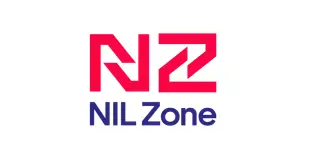
Digital Rights Management (DRM) refers to a set of access control technologies that are used to protect the rights of copyright holders. DRM technologies are designed to control the use and distribution of copyrighted digital content, such as software, music, movies, and other forms of digital media. By restricting how content can be copied, shared, or modified, DRM helps prevent unauthorized redistribution and piracy, ensuring that content creators and publishers can monetize their work effectively.
In the context of sports management and the entertainment industry, DRM plays a crucial role in safeguarding digital content related to sports events, games, and performances. This includes live streams, recorded matches, athlete interviews, and other exclusive media content. DRM ensures that only authorized users can access and consume this content, often through a licensing mechanism that may involve purchasing a subscription or a pay-per-view pass.
For student and professional athletes, DRM is particularly important for protecting the digital rights associated with their name, image, and likeness (NIL). As the market for digital content grows, athletes and sports organizations are increasingly looking to monetize their NIL rights through various digital platforms. DRM helps manage and enforce the terms of use for such digital assets, preventing unauthorized use and ensuring that athletes receive fair compensation for the use of their NIL.
DRM technologies can include encryption, digital certificates, and secure authentication processes. These technologies work together to ensure that digital content is only accessible to users who have obtained the proper rights or permissions. In recent years, the integration of DRM with blockchain technology and non-fungible tokens (NFTs) has also emerged as a trend, offering new ways to authenticate and trade digital assets securely.
While DRM provides numerous benefits, it also faces challenges such as ensuring user convenience, maintaining compatibility across different devices and platforms, and addressing concerns related to digital rights and freedoms. Balancing the need for robust content protection with the user experience is an ongoing challenge in the DRM space.
DRM is a vital component of the digital ecosystem in sports management and the entertainment industry. It enables content creators, including athletes and sports organizations, to protect their digital assets, control how their content is used, and generate revenue from their intellectual property. As technology evolves, DRM will continue to adapt to new forms of digital content distribution and consumption, playing a key role in the future of digital rights management in sports and entertainment